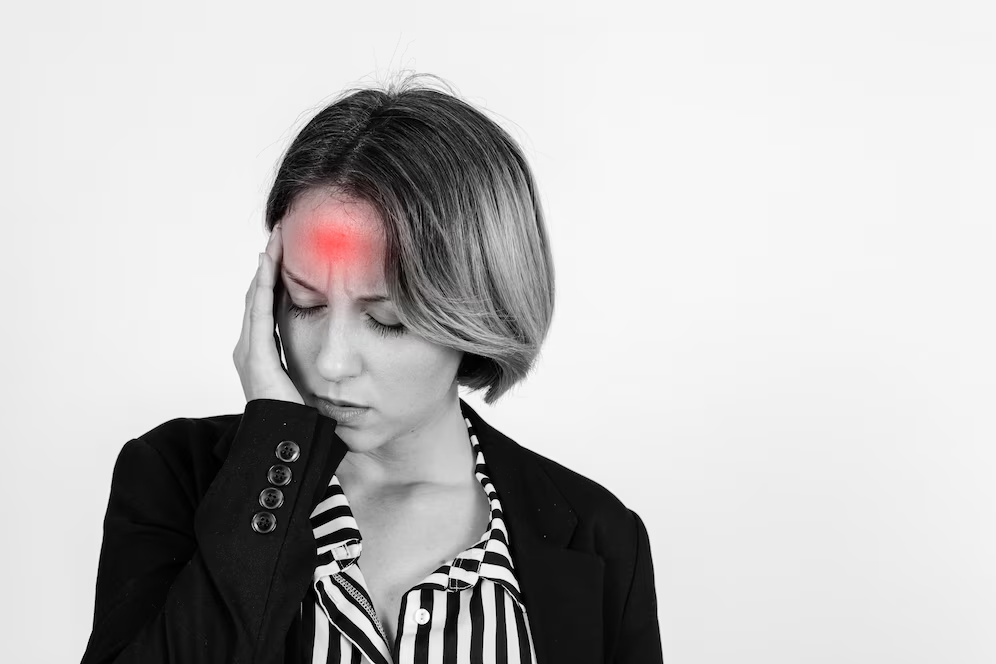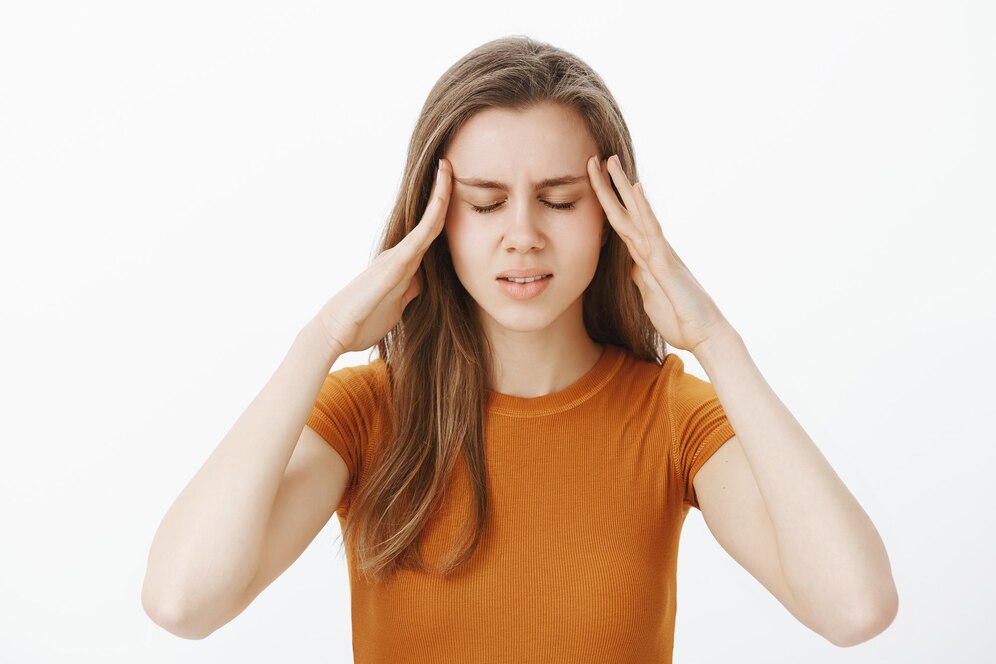The month of October is considered to be one of change in weather, with the drop in temperature the atmosphere starts becoming cool in the morning and evening. This kind of change in weather can be challenging for health in many ways. In this season, there may be a risk of increasing the problem of migraines along with the increase of viruses like influenza. As winter progresses, the risk of migraine increases. But do you know what is the relation between migraine and cold weather?

Health experts say a change in weather can make you sick. Headache problem is quite common in winter, in some people the problem of migraine can also be triggered by a drop in temperature. Migraine cases increase during winter but why is this so? And how it can be controlled, let us understand this.
Migraine problem in winter
Health experts say people who have had migraine problems may experience it more in winter. Many conditions of this season are considered to increase the risk of migraine. As the Mayo Clinic reports, seasonal changes may trigger migraines. Apart from this, due to conditions like dryness in the air, and extreme cold, you may be at risk of getting a migraine.
Lack of sunlight increases the risk
Lack of sunlight in this season is also considered to be one of the reasons for triggering migraines during winter. Lack of sunlight can cause an imbalance in chemicals like serotonin in the brain. The imbalance of brain chemicals is thought to increase headache and migraine episodes.
Apart from this, lack of sunlight disrupts our circadian rhythm i.e. the body's internal clock resulting in an imbalance in sleep patterns or lack of sleep. Sleep problems are also known to trigger migraines.

Avoiding things that trigger migraine
"One of the interesting things we see clinically in the winter is that people have an increased frequency of migraines during these days," says Nushen Zhang, MD, clinical associate professor of neurology at Stanford Medicine. The problem of this type of headache can also increase due to many bad habits.
Alcohol consumption, excessive caffeine intake, bright or flashing lights, strong odors (such as fragrant incense sticks), and certain foods can also be potential migraine triggers.
How to prevent migraine?
Health experts say people sensitive to colds are more likely to get migraines. In such a situation, it becomes very important to keep making efforts to prevent headaches, especially migraine, in winter. For this, you must protect yourself from the cold. Incorporating exercise into your daily routine may provide benefits; exercise increases serotonin levels, which may reduce its risks. Cover your head well in winter, this can also prevent migraine.
(PC: Freepik)










